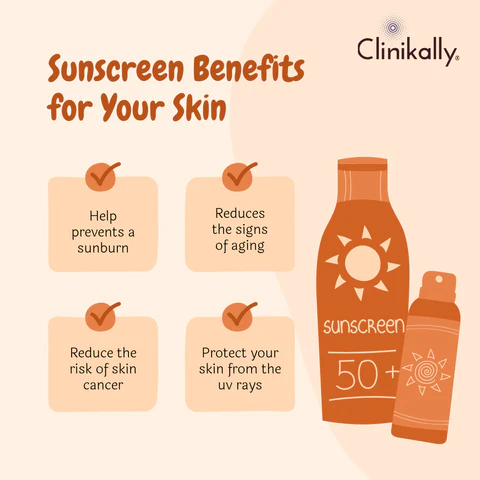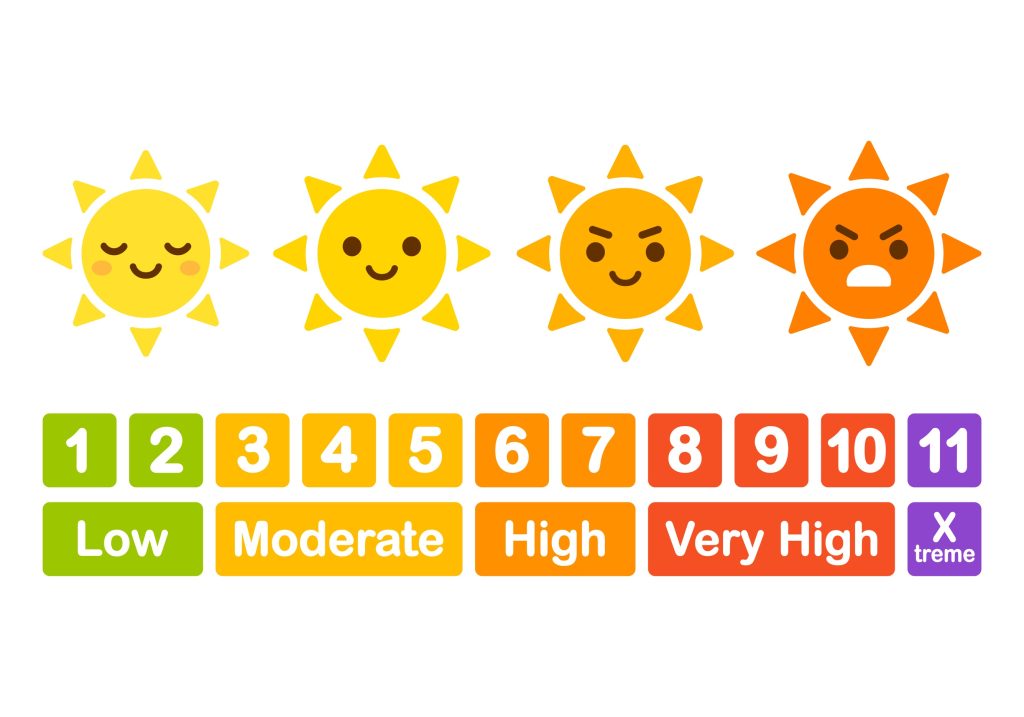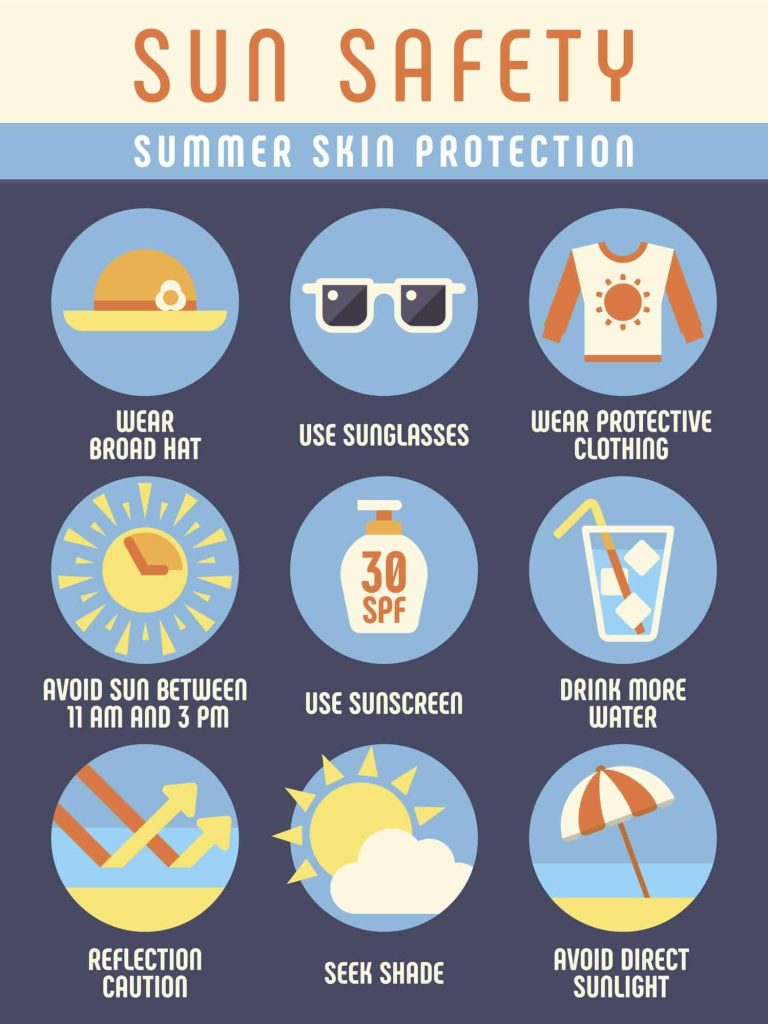By Dr Emma Knight
Each year in Australia, skin cancers account for nearly 80% of all newly diagnosed cancers. According to data from the Australian Institute of Health and Welfare, two out of three Australians will develop skin cancer in their lifetime. This is one of the highest rates in the world and almost three times higher than in some other western countries!

Skin Cancer
The primary cause of skin cancer is cumulative exposure to the sun, with family genetics playing a smaller role. Ultraviolet (UV) radiation from the sun not only leads to the burning of the skin but also alters the DNA of cells, leading to the development of cancers over time. Understanding the types of UV radiation and their effects is crucial for effective skin protection.
Types of Ultraviolet Radiation
UVA Radiation: UVA has a longer wavelength and penetrates deep into the skin. It is present even on cloudy days and is associated with skin aging. Long-term exposure to UVA can lead to premature wrinkles, loss of skin elasticity, and age spots.
UVB Radiation: UVB has a shorter wavelength and is primarily responsible for causing sunburn. It directly damages the DNA in skin cells and plays a key role in the development of skin cancer. UVB intensity varies by season, location, and time of day, with the highest levels occurring during the summer months between 10 a.m. and 4 p.m.
Understanding SPF: Sun Protection Factor
What is SPF? SPF stands for Sun Protection Factor, which measures the level of protection a sunscreen provides against UVB radiation. An SPF 50+ sunscreen offers approximately 98% protection to your skin, while an SPF 30+ provides about 96% protection.
Broad-Spectrum Protection: It is essential to use a sunscreen that offers broad-spectrum protection, covering both UVA and UVB rays. This ensures comprehensive defense against the full range of harmful effects caused by sun exposure.

UV Index:
It is really important to check the UV Index everyday when you’re heading out. If the UV Index is Moderate or higher, don’t forget to follow the steps below.
Top Tip
To protect your skin, prevent wrinkling and age spots use SPF 50+ UVA and UVB every day.
I apply SPF 50+ sunscreen to my face, neck, chest, hands and arms each day regardless of whether I will be sat in the sunshine. This ensures my skin health and minimizes my chance of getting a skin cancer.
Tips for Effective Sunscreen Use
Daily Application: To protect your skin and prevent premature aging and age spots, use SPF 50+ broad-spectrum sunscreen every day. Apply it to your face, neck, chest, hands, and arms regardless of whether you will be directly exposed to the sun.

Proper Application: For maximum efficacy, apply sunscreen 20 minutes before sun exposure. Reapply every two hours, or more frequently if you’ve been sweating or in water.
Additional Protective Measures:

Protecting Our Everyday Heroes
For those in professions with high exposure to the elements, such as police officers, firefighters, and ambulance crews or paramedics, the importance of skin protection cannot be overstated. These brave individuals face increased risks due to their work environments. Employers should provide education, access to protective gear, and regular skin health screenings to support their well-being and minimising their risks of skin cancer.
Book Your Skin Check
Skin cancer is a serious yet largely preventable condition. By understanding the risks associated with UV radiation and taking proactive measures to protect your skin, you can significantly reduce your risk of developing skin cancer. Embrace daily sunscreen use, wear protective clothing, and make regular skin checks a priority.
Take charge of your skin health and protect your future. Booking a skin check is a simple step that can make a big difference. Contact the WA Skin Cancer Centre today and give yourself the gift of reassurance and care.
Book your skin check with us today!
About the Author

Dr Emma Knight
BSc, MBChB, FRACGP
Dr Knight is a highly skilled and dedicated medical professional with a special interest in skin cancer prevention, detection, and treatment. With extensive experience in dermatology and general practice, she is passionate about educating patients on the importance of early detection and providing comprehensive care. Dr Knight is committed to raising awareness about skin health and delivering the highest standard of care to her patients.